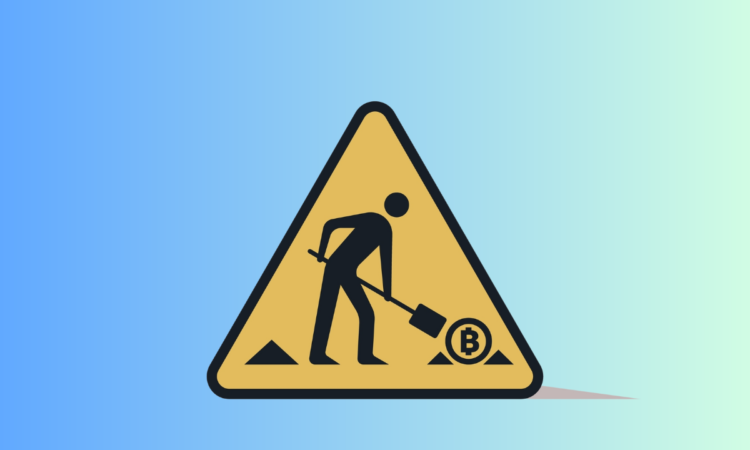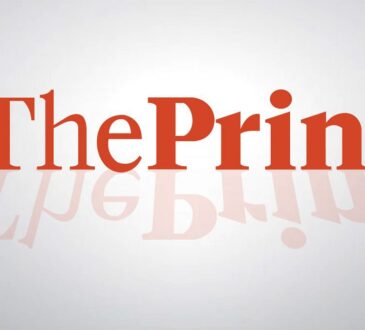
How can one take advantage of decentralized finance while complying with the data protection and privacy rules already in force in Brazil, one of the world’s most regulated and advanced financial markets? The Central Bank hopes to find an answer to this question in the coming months, during the second development phase of DREX, the country’s work-in-progress digital currency (or CBDC, in the industry’s jargon).
In an interview with The Brazilian Report, DREX’s coordinator at the Central Bank, Fábio Araújo, was emphatic: “To bring DREX to public testing, we must ensure user privacy. There’s nothing more important for us than achieving this goal. And there’s no example to follow as we are trying to do something completely new.”
Other central banks, such as the European Union and Canada, have reported on the same challenge. They are debating concepts like pseudonymized data, which means replacing users’ information with a random identification number to make them invisible to regulators or any other player in the system not directly involved in the transaction. Easier said than done.
In an update published in June, when it announced phase 2 of the DREX project, the Central Bank also stated that the privacy solutions tested so…

